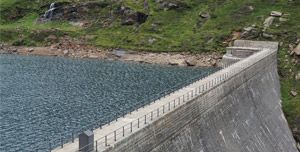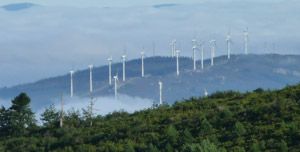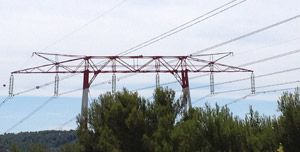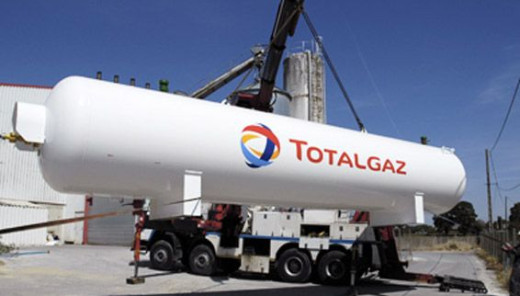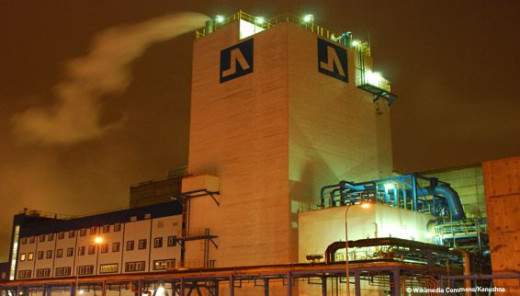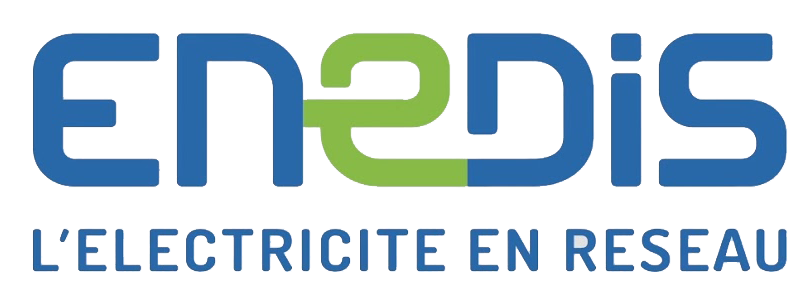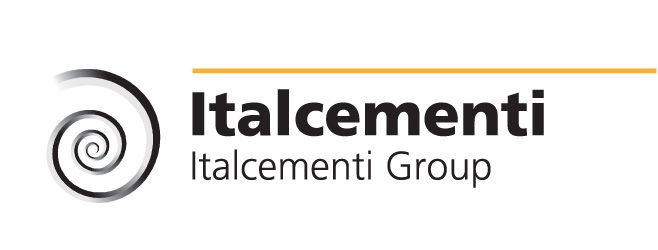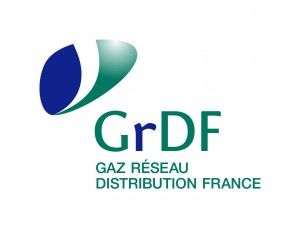Both the unusual weather and the short supply of resources in recent years have raised public awareness of the fragility of our planet and have led to important decisions:
- the desire to drastically reduce greenhouse gas emissions
- the shut-down of nuclear-based electrical power generation in some countries
These choices require us to reconsider the combination of energy sources, including:
- increasing use of intermittent decentralized production (solar energy, wind, etc.)
- limiting modes of transportation that emit CO2 and replacing them with “cleaner” solutions such as electrical vehicles (using rechargeable batteries). Their arrival on the market will significantly augment the need for energy production if demand is not correctly distributed throughout the day.
- reducing of electricity consumption and spreading it out over the course of the day in order to reduce demand at peak periods which generate more CO2 emission due to the power generation facilities used at those times.
Electricity suppliers have long offered possibilities for demand response: this will become more critical for balancing offer and demand. Such possibilities will soon be backed by pricing structures based on consumption forecasts.
Regulations are also evolving:
- a new organization of energy markets (e.g. the Loi NOME in France for deregulating the electricity market)
- quotas for purchasing nuclear energy (ARENH)
It all opens new opportunities for financial gains by industry, while complicating the economic management of energy consumption.
Following in the footsteps of the telecoms network, the power grid is undergoing a genuine revolution that will affect energy producers, carriers, and consumers, and will result in a “smart grid”.
Eurodecision helps clients meet these new challenges and make the most of the situation.

